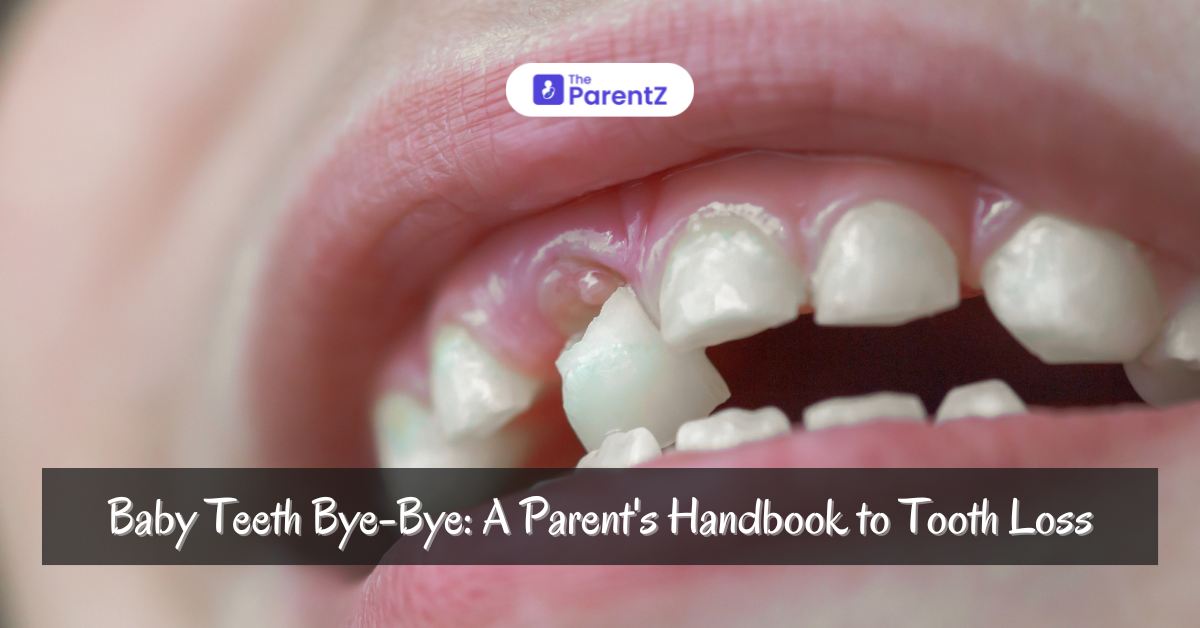The journey of a child’s dental development is a fascinating process that marks significant milestones in their growth. One of the most memorable and important stages is the transition from primary (baby) teeth to permanent teeth. This natural process, often affectionately referred to as “baby teeth bye bye,” not only symbolizes a child’s growth but also lays the foundation for a lifetime of oral health. In this article, we will explore the importance of baby teeth, the process of losing them, and how parents can support their children during this crucial time.
The Role of Baby Teeth
Baby teeth, also known as primary teeth, play several critical roles in a child’s development. Although they are temporary, these 20 small teeth are essential for:
1. Speech Development: Baby teeth help children articulate sounds and words properly. They are crucial for learning how to speak clearly and communicate effectively.
2. Eating and Nutrition: Primary teeth allow children to chew and digest a wide variety of foods. This is vital for proper nutrition and overall health.
3. Guiding Permanent Teeth: Baby teeth act as placeholders for the permanent teeth that will eventually emerge. They help maintain the proper spacing and alignment, guiding the eruption of adult teeth into their correct positions.
4. Facial Structure and Aesthetics: A full set of healthy baby teeth contributes to the natural shape and appearance of a child’s face.
The Process of Losing Baby Teeth
The loss of baby teeth, known as exfoliation, typically begins around the age of 6 and can continue until a child is 12 or 13. This process varies for each child and usually follows a general pattern:
1. Lower Central Incisors: The first teeth to fall out are often the lower central incisors, followed by the upper central incisors.
2. Lateral Incisors: Next, the lateral incisors, both upper and lower, typically shed.
3. First Molars and Canines: The first molars and canines usually follow, often around ages 9 to 11.
4. Second Molars: The last to go are usually the second molars, often around ages 10 to 12.
As permanent teeth begin to push through the gums, the roots of the baby teeth dissolve, causing them to become loose and eventually fall out. This natural process can sometimes cause mild discomfort, but it is generally painless.
Caring for a Child’s Oral Health During the Transition
Maintaining good oral hygiene is crucial during the transition from baby teeth to permanent teeth. Here are some tips to ensure a smooth and healthy process:
1. Encourage Proper Brushing and Flossing: Teach your child to brush their teeth at least twice a day and floss daily. Proper oral hygiene helps prevent cavities and gum disease.
2. Regular Dental Checkups: Regular visits to the dentist are essential for monitoring dental development and addressing any potential issues early on.
3. Balanced Diet: A balanced diet rich in vitamins and minerals supports strong and healthy teeth. Limit sugary snacks and drinks that can lead to cavities.
4. Managing Loose Teeth: Encourage your child to wiggle loose teeth gently, but avoid forcing them out. Letting the teeth fall out naturally is usually best.
5. Dealing with Tooth Loss Anxiety: Some children may feel anxious about losing their teeth. Reassure them that this is a normal part of growing up and celebrate each lost tooth as a milestone.
The Importance of Protecting Permanent Teeth
As permanent teeth emerge, they are more susceptible to decay and damage. Parents should emphasize the importance of protecting these new teeth by promoting good oral hygiene practices and considering protective measures like dental sealants and mouthguards, especially for children involved in sports.
Conclusion
The transition from baby teeth to permanent teeth is a significant phase in a child’s life. While it marks the end of one chapter, it also heralds the beginning of a new one, where maintaining good oral health becomes even more crucial. By understanding the role of baby teeth, the process of their loss, and the importance of caring for emerging permanent teeth, parents can support their children in achieving a lifetime of healthy smiles. So, as we bid “baby teeth bye bye,” let’s embrace this journey with knowledge and care, ensuring that every child’s smile remains bright and healthy for years to come.





Be the first one to comment on this story.